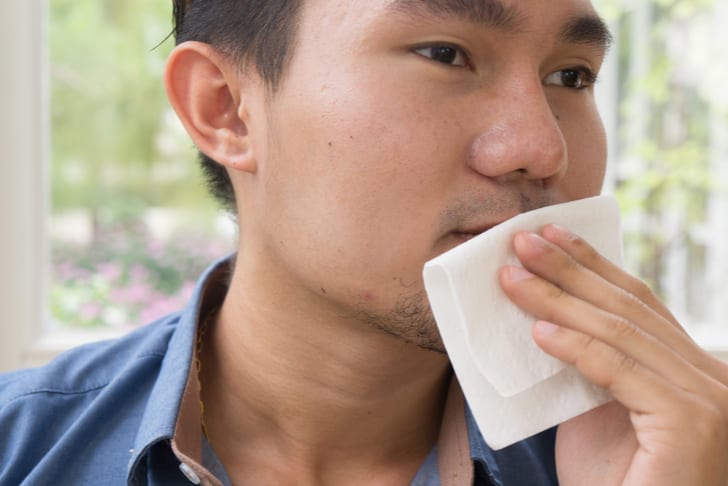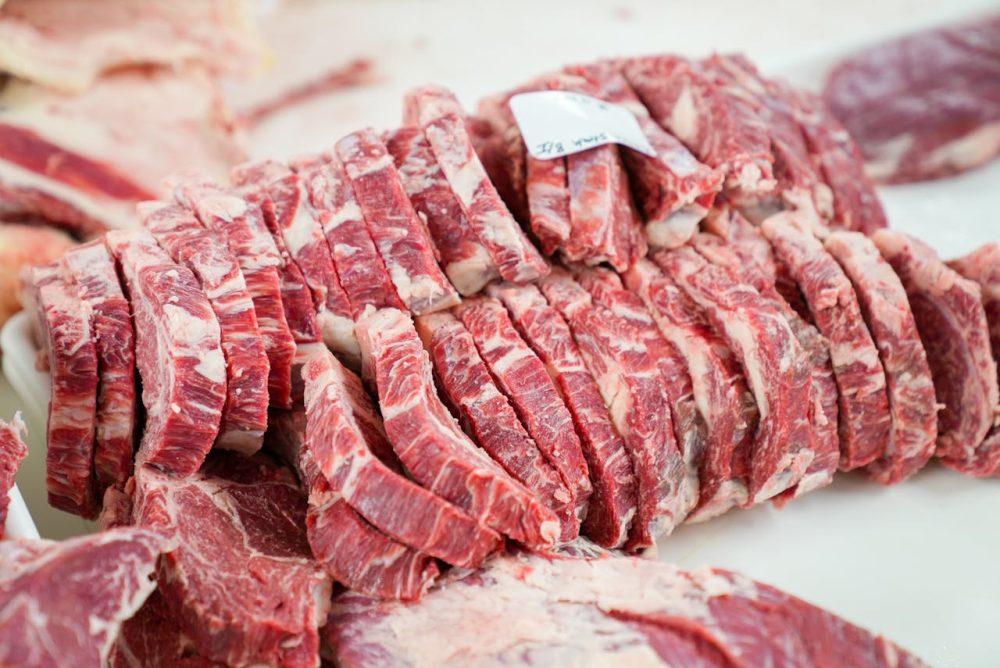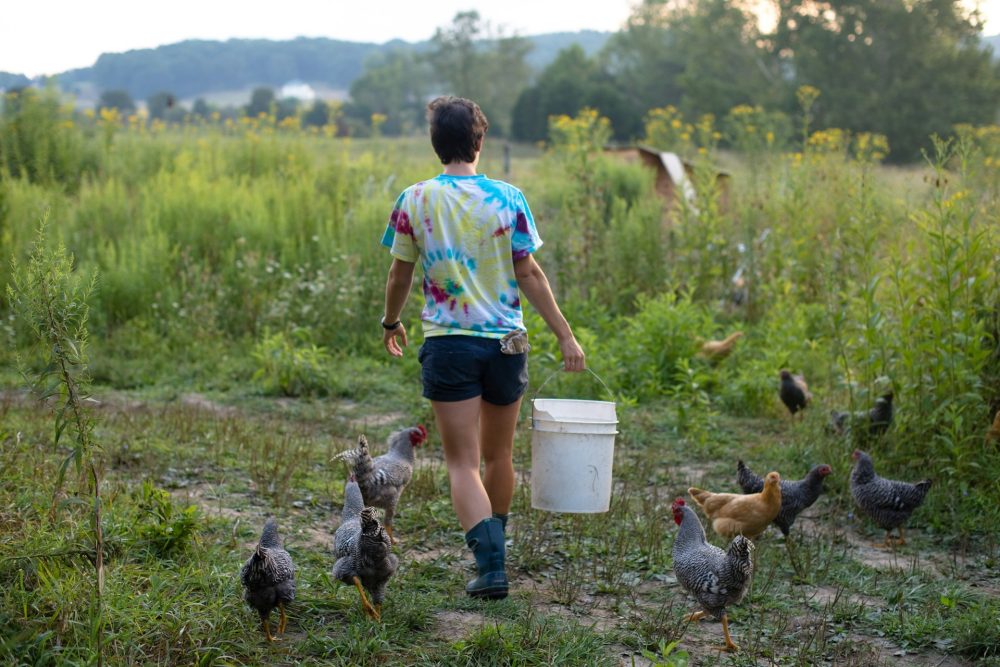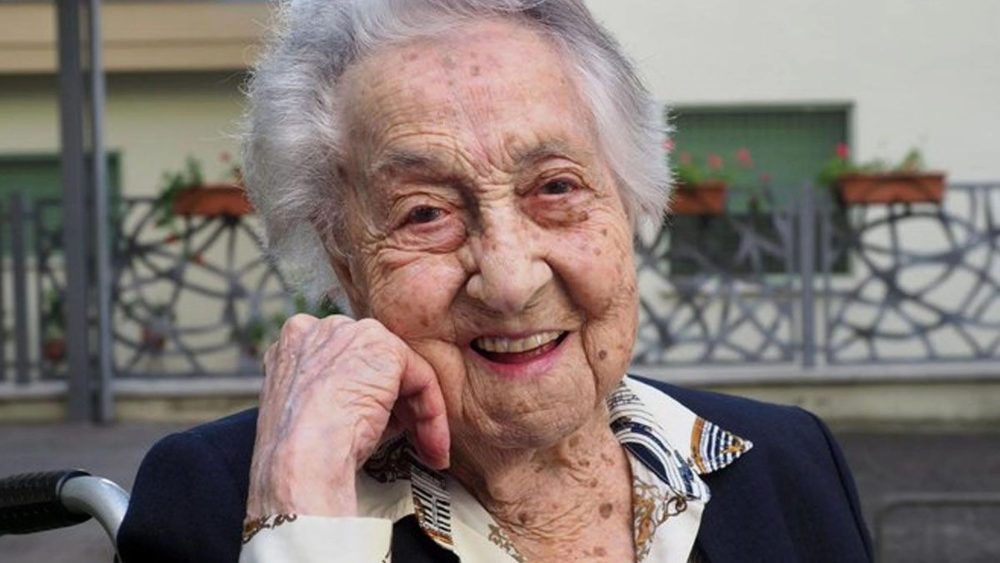While some people are born to never consume dairy, others simply choose to skip this food group just because of a health trend. However, should you really be jumping on the bandwagon before doing your research? Probably not.
To be fair, a lot of food types have gotten a bad reputation, so hating on dairy isn’t actually a new thing. The thing is, it is more complex than we thought, no thanks to exposes and documentaries that opened our eyes to the unthinkable.

Dylan Armajani / Shutterstock
You should also think about the growing believers of plant-based diets, which even got fans in big celebrities such as Jay-Z and Beyonce. As such, any animal product is eliminated, thereby making dairy an enemy.
Lactose Intolerance
Before you change your diet, know that some people couldn’t even eat any food with dairy. These people suffer from lactose intolerance, which is when a person couldn’t digest the carbohydrate lactose.
It’s not a rare case – about 65 percent of adults suffer from this, the National Institutes of Health revealed. Once a lactose intolerant ate dairy products, this can cause stomachache, gas, diarrhea, and bloating.
This happens when your body couldn’t produce sufficient lactase, an enzyme that breaks down lactose.
Milk Allergy

ardan_rin / Shutterstock
Meanwhile, other people have a milk allergy, which is when your immune system treats milk as a threat, thereby fighting it, resulting in a reaction (rashes, runny nose, wheezing, hives, and anaphylaxis).
Not everyone has this condition, but as it turns out, it is one of the most common food allergies, the American College of Allergy, Asthma, and Immunology said.
Precautions
Keep in mind that removing dairy from your diet will mean you will need to find other sources of vitamin D and calcium, which are essential for strengthening your bones, according to nutritionists Lyssie Lakatos and Tammy Lakatos Shames, especially calcium, which is essential for hormones, nerves, and muscles to function. Vitamin D, meanwhile, is crucial for the body’s absorption of calcium.
If you are on a dairy-free diet, you can source calcium from spinach and other green leafy vegetables, salmon, sardines, chia seeds, edamame, nuts, and beans. As for vitamin D, your best bet would be sunlight as well as fish, salmon, and mackerel.

Studio Romantic / Shutterstock
Dairy products also contain protein, which aids in tissue repair. However, it’s worth noting that you can get the nutrient from meat, fish, and poultry (given that you’re not vegan) as well as tofu and beans.
You can also resort to supplements if you still lack these nutrients. There are also dairy-free milk products like coconut and almond milk that you can replace the typical milk with.








